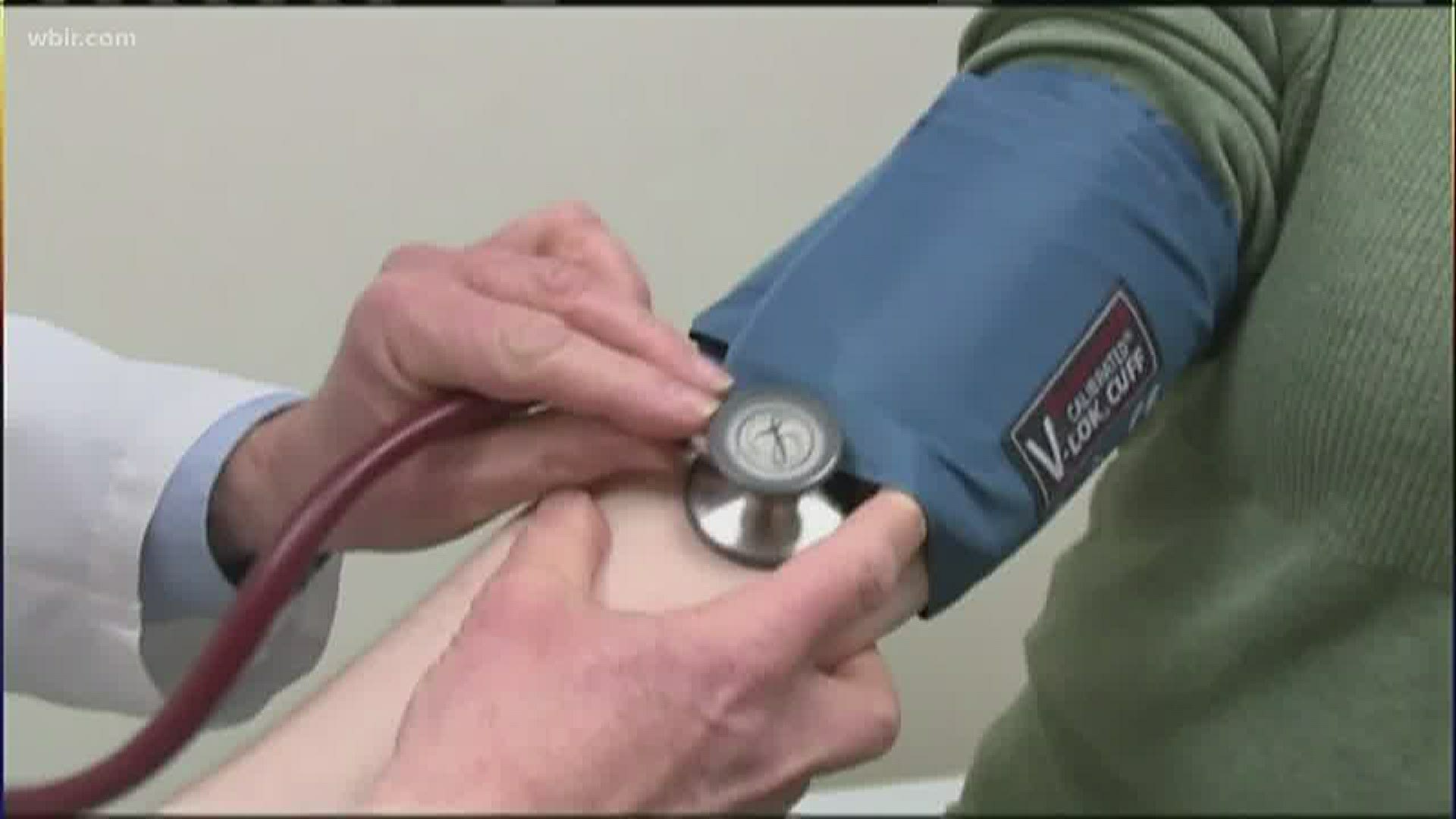KNOXVILLE, Tenn. — For almost a decade, Jeanne Thorpe has taken two hydroxychloroquine sulfate tablets a day.
She was diagnosed with lupus during her time as the radiological worker training manager at Y-12 National Security Complex. Although she's in remission, she still needs to take her two tablets daily.
"With lupus it can attack your skin. It can attack your vital organs. It can attack anything that keeps you going," Thorpe told 10News. "[Hydroxychloroquine] is a life saving drug. I call it my drug that keeps me alive."
Hydroxychloroquine is an anti-malarial medication used to treat other conditions like lupus and rheumatoid arthritis. Anecdotal evidence shows it could help patients diagnosed with coronavirus, but the medical community cautions there is not enough scientific evidence to support that it's actually effective.
Still, the Food and Drug Administration authorized emergency use of the hydroxychloroquine sulfate or chloroquine phosphate for adult patients hospitalized because of COVID-19.
Since then, it has reported a nationwide shortage of the two drugs.
"We were seeing a flood of inappropriate prescribing and hoarding, quite frankly," said Dr. Lisa Piercey, the Tennessee Commissioner of Health. "There is a large contingent of patients that need these medications for their very common conditions, like rheumatoid arthritis and lupus."


In March, Jeanne Thorpe's pharmacist told her she was seeing more requests for hydroxychloroquine suflate than normal.
"When she went to look for the next round which is, usually get 90 days, they didn’t have any," Thorpe said. "I'm tickled to death that they found something that may work, I think that's amazing, but what about the rest of us?"
On Tuesday, Dr. Piercey repeated her request to physicians that they be "very cautious" about prescribing hydroxychloroquine to prevent further shortages.
"We want to make sure that these [lupus, arthritis, etc] patients have medication for these conditions," Piercey said. "As well as, if it does come out that this drug is going to be an effective treatment, we want to have a supply in order to be able to treat that condition later."
In the meantime, Jeanne Thorpe is doing what she knows best: making some noise to get the answers she needs.
"I am lucky. I did get some more," Thorpe told 10News. "What about that other person? And the other person and the next person?"
Clinical trials are underway to determine the effectiveness of hydroxychloroquine sulfate and chloroquine phosphate in treating coronavirus patients. They have not been approved by the FDA.

